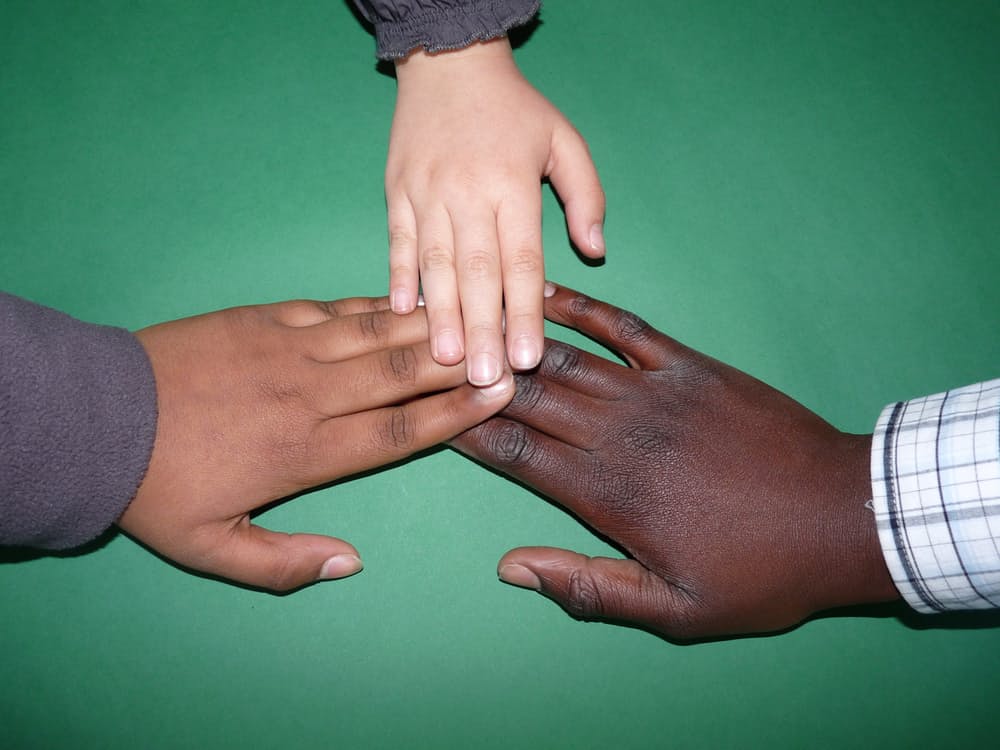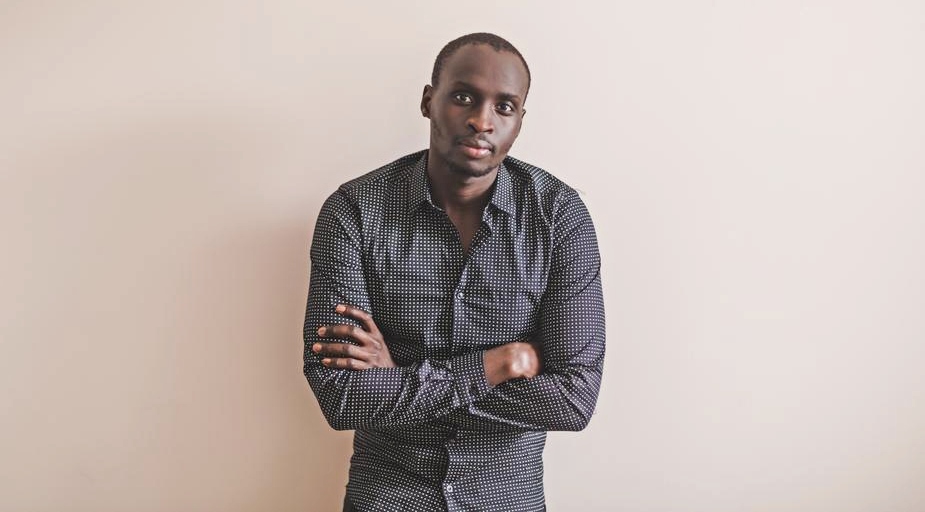The recent Supreme Court decision regarding affirmative action has brought the topics of diversity, equity, and inclusion back to the forefront in many professional and academic spaces. Why should we care about diversity and inclusion? What does equity really look like? Prior to the SCOTUS decision, Pew Research published survey data indicating that a majority (56%) of workers in the United States say focusing on DEI at work is a good thing with an additional 28% indicating that the focus is neither good nor bad. While the SCOTUS decision directly impacted academic spaces, it is worth noting that what happens in various academic spaces impacts the workforce.
Workforce culture has been changing for decades and continues to change, particularly as generations transition in and out of the workforce. I think back to when I first started in professional work environments, being told I could not wear a dress to the office, even though a colleague was wearing the exact same dress. When I asked my co-worker if she had been approached regarding her dress, she said she had not. I went back to the director and asked why I could not wear the dress. He looked me up and down and told me it was because of how I looked in the dress. At 26 and new to a professional environment, I had no idea what to do. If this happened now, I would unapologetically raise holy hell.
This change in my reaction comes not only with age and experience but also with changes to what is acceptable in work environments. In the early-mid 2000s, it was pretty much ok to discuss my physical appearance in service and professional workspaces. These practices were relatively normal, and as a young woman, I was often too scared of losing my job to protect myself or seek resolutions to the way these comments made me feel. However, change is slow.
In conversations with colleagues past and present (primarily females born between 1975 and 1985) regarding our workplace experiences, a couple of themes surfaced. One, generational factors seem to contribute to what individuals say that may contribute to discomfort as well as to how they will respond. One person I spoke with indicated how impressed she was when a man in his early 20s immediately vocalized that a discussion about what a female colleague was eating at a meeting was inappropriate, which she immediately related to the two of us being admonished for eating ice cream in the break room at 10 am when we worked together.
I am part of a cusp microgeneration, defined as a group of individuals whose characteristics overlap between two generations (Taylor, 2018). The Xennial microgeneration experienced their formative years without social media. Cell phones were not widely used until late high school or college years, mixtapes were a form of communication. Shows like My So-Called Life and Dawson’s Creek captured the angsty teenage drama feels of middle-class white folk.
I think back to how progressive those shows felt with their inclusion of LGTBQ+ characters and discussions of mental illness, drug use, and issues with parents, and I watch them today and realize how white they are. They still addressed heavy and important topics but excluded entire populations of people who would have been in those exact same spaces.
As a member of this cusp generation, I have adapted and sometimes resisted technological changes. I accepted certain societal and environmental norms out of fear of rocking the boat. I have also grown into someone who no longer accepts being spoken to in ways that are inappropriate or make me uncomfortable. I will be the first to admit that I do not always do this gracefully and sometimes do not do it kindly. I will ask the pointed question. I will point out that something is ridiculous.
And, it has taken me two decades to do this. Two decades of co-workers, friends, and mentors from different generations, parts of the country and world, racial, ethnic, and socio-economic backgrounds supporting me, leading me, teaching me, correcting me, and challenging me.
The changes in what is acceptable in the workplace, along with the support I have received, has made it possible for me to react and address behaviors that are not acceptable or attribute to discomfort rather than just let them be. I can separate the action from the person. I can have constructive conversations with my leadership to detail situations. I generally assume that people do not intend harm, but I now also recognize my own responsibility to acknowledge when harm has occurred to myself or others which means I am obligated to act in some way.
Ella Washington, in the Harvard Business Review discusses microaggressions at work. She points out that comments can be casually dismissive of a person while creating lasting impacts, including increased rates of depression, high blood pressure, and difficulty sleeping. Comments about class, gender, parental status, and differences in experience can all cause a person to question their belonging in an environment. As different generations view work differently, with younger generations often seeking work that is personally fulfilling rather than a means to an end, belonging will continue to be of critical importance in work environments.
Weeks (2019) explains that meaningful work consists of an overlap between sense of self and the ability to express oneself, finding unity with others, and expressing one’s full potential. With this view of work In mind, Weeks research found that all generations describe meaningful work in terms of personal growth and being true to oneself. What does this mean when what one deems as true for themselves conflicts with what is acceptable in the workplace? We have to have conversations.
Washington in the above-cited article, provides steps to engage these conversations.
- What is the right moment to say something
- What is your relationship to the person who made a comment
- What is your personal awareness of the microaggression’s subject
Engage, engage, engage, ask questions, create space, do not casually overlook the circumstance.
Taylor, M.K. (2018). Xennials: A microgeneration in the workplace. [Xennials: a microgeneration in the workplace] Industrial and Commercial Training, 50(3), 136-147. https://doi.org/10.1108/ICT-08-2017-0065
Weeks, Kelly. (2019). Generational Differences in Definitions of Meaningful Work: A Mixed Methods Study. Journal of Business Ethics. 156. 10.1007/s10551-017-3621-4.
Kaelin Peterson has a B.A. in Political Science, an MBA, and is currently pursuing an EdD in Performance Improvement Leadership. She currently works as faculty for a non-traditional university focusing on traditionally underserved student populations while also volunteering with a focus on leadership development, values-based leadership, and change management. When not working or doing school work, Kaelin enjoys discovering new foods, quiet spaces, and spending time with her husband and dog.








































